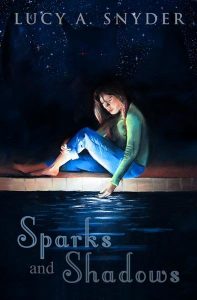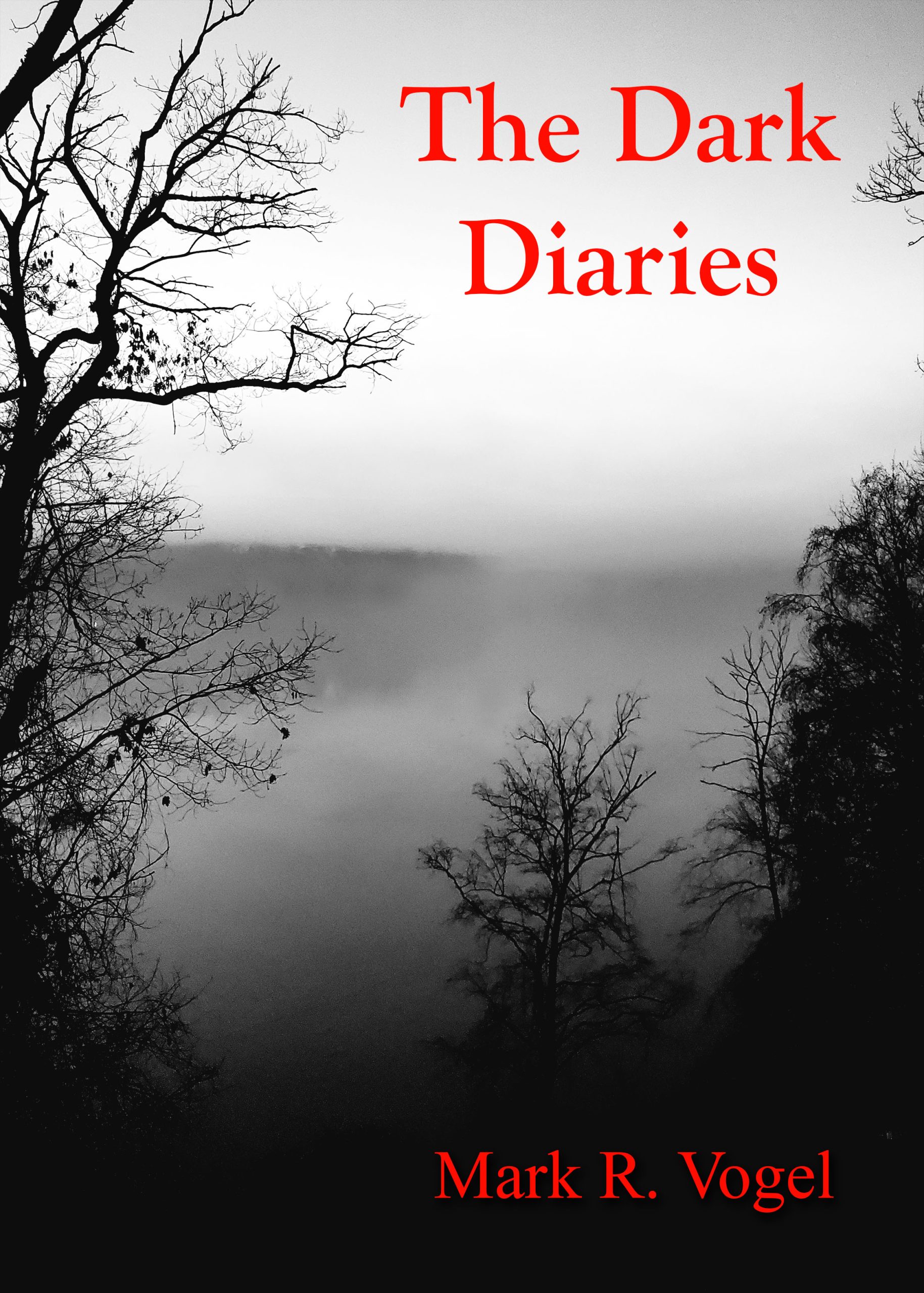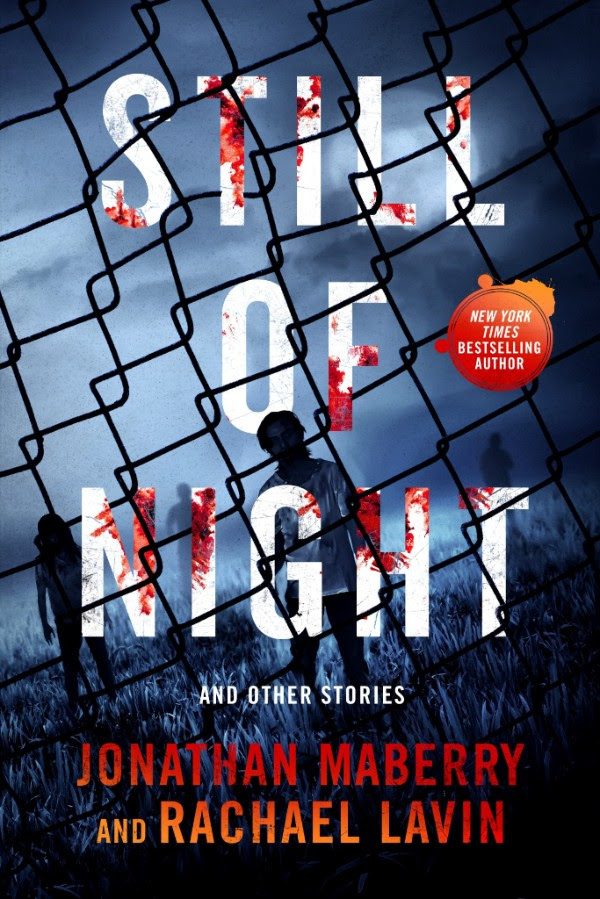My writing process was not a mystery to me before I started the Goddard MFA program. I understand how to build an organic plot from character conflict, how to create voice, how to generate narrative tension. I know how to brainstorm far more ideas than I will ever have the time to turn into stories and novels and poems. Which is not to say that my prose is perfect; there’s always room for improvement. And my feedback from my Goddard advisors was reflective of that: my first drafts are good, solid work, but there are always ways they could become even better. So I push forward, always trying to approach the unreachable, wholly subjective elements of perfection.
But I’ve come to realize that my writing process and my creative process are two linked but different things. It’s an important distinction. And while my creative process wasn’t entirely a mystery, clearly I had a much less firm grip on it all than I thought I did before I started my MFA work.
My struggle in my fourth term highlighted the aspects of my creative process that need more attention to prevent slowdowns. Certainly, I still need to produce work and press on even if my muse appears to have stood me up on a given work day … but I can’t treat myself as a fiction production assembly line. I can’t treat myself like a machine that needs kicking if it starts faltering. Percussive maintenance might work for a stuck valve in a gasoline engine, but mental beat-downs are just going to make me resent my work.
And if I resent the work that is uniquely mine, the work that only I can do, the work that speaks to my reason for existing more than anything else in the world, where will I be? I will be stuck. I will be miserable.
I have to trust in my own creative process to facilitate my writing process. The writing process isn’t always joyful, but the joy is there, and I can’t forget to embrace it. There are a thousand easier ways to make money and earn a living. I have to find the reward in the writing, not in the having written. I can’t be so focused on the finish line that I forget to experience the journey.
But aside from learning that valuable lesson, was pursuing an MFA at Goddard worth all the work?
In my case, yes, it was: I achieved the major goals I set out to accomplish and I produced a lot of good work that I have either sold or expect to sell. The program was a good (but not perfect) fit. It was life-changing experience for many of my classmates, but not for me; Clarion was that experience for me, and I knew going in that I was unlikely to experience it again. In short, the program met my expectations and exceeded them on some levels.
And the key for me was that I found funding through CIC.edu and didn’t have to go into debt for my degree. I wouldn’t have pursued it otherwise. The cost of paying for the program out of pocket would have absolutely been a deal-breaker.
If you feel you can afford it and are prepared for the possibility that the degree may not improve your employment prospects, an MFA is worth considering. I definitely think that the Goddard program helped me become a smarter writer and better teacher in ways that I probably wouldn’t have accomplished on my own.
- The Braided Novel - November 20, 2016
- Upside Down: Inverted Tropes in Storytelling - November 18, 2016
- You, Human - November 18, 2016
- A Horror Writer Pursues an MFA – Part 5 - November 2, 2016
- A Horror Writer Pursues an MFA – Part 4 - November 2, 2016
- A Horror Writer Pursues an MFA – Part 3 - November 2, 2016
- A Horror Writer Pursues an MFA – Part 2 - November 2, 2016
- A Horror Writer Pursues an MFA – Part 1 - November 2, 2016
- Jolly Fish Press is shutting down - October 23, 2016
- The Pox Party - October 16, 2016








